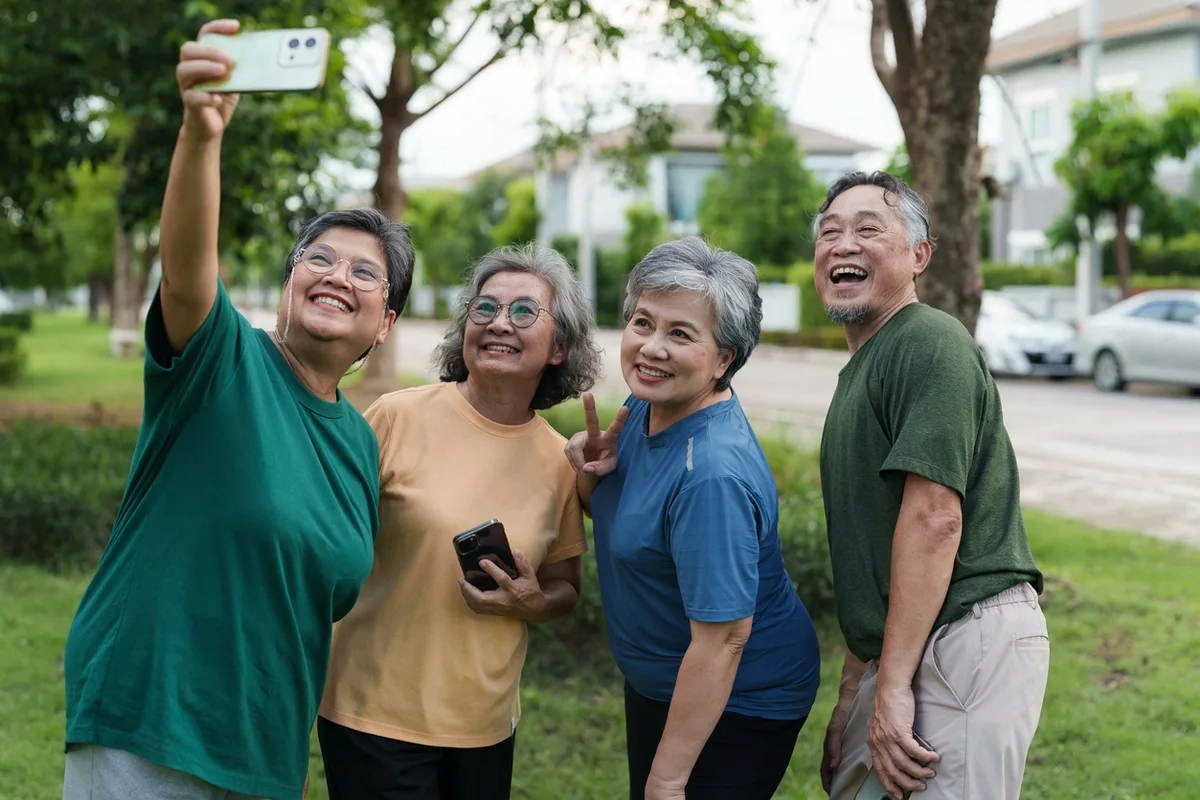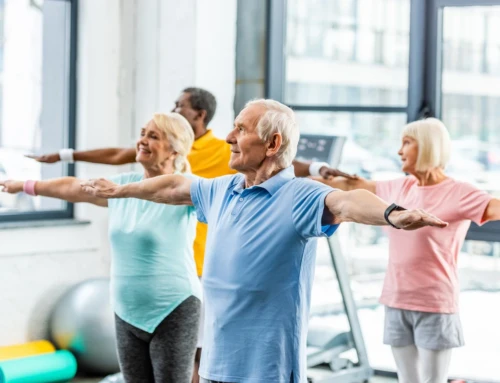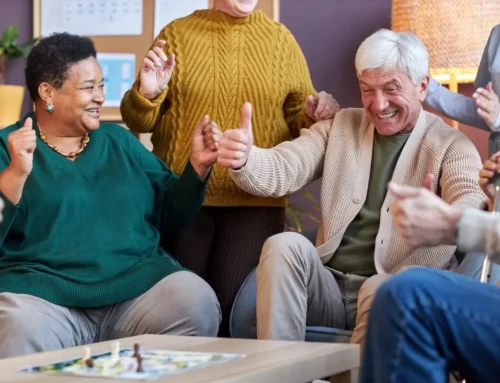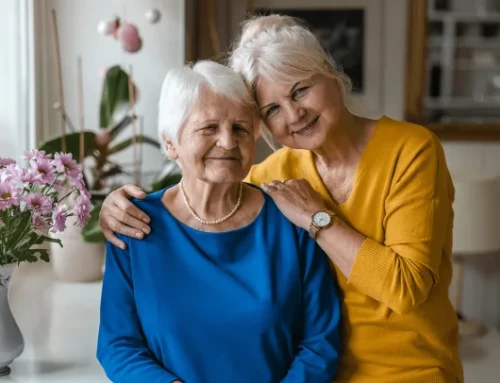
How to Help a Loved One Overcome Isolation
Loneliness can happen quietly. A few skipped calls. Less interest in hobbies. Longer afternoons spent alone. For older adults, isolation isn’t just about spending more time at home—it can deeply affect emotional, mental, and even physical well-being.
The good news? Social programs for seniors provide meaningful ways to reconnect, stay engaged, and rebuild community. At Pioneer Village Senior Living in Jacksonville, OR, creating opportunities for connection is part of what we do daily.
Whether you’re helping a parent, a grandparent, or a close friend, here’s how you can recognize isolation—and gently guide them back toward belonging.
Why Connection Matters in Older Age
Human beings are wired for connection at every stage of life. But as the National Institute on Aging (NIA) points out, loneliness in older adults isn’t just an emotional experience—it can increase the risk of:
- High blood pressure
- Heart disease
- Depression
- Cognitive decline
- Weakened immune response
Staying socially active protects more than happiness—it supports better overall health. Meaningful relationships, regular group activities, and daily interactions can make a tangible difference in the quality of life as we age.
Signs a Loved One Might Be Struggling with Isolation
Not every senior will tell you directly that they feel lonely. That’s why it’s important to watch for common signs, including:
- Withdrawal from favorite hobbies or activities
- Less frequent communication with friends or family
- Lack of interest in meals, personal care, or daily routines
- Expressions of sadness, emptiness, or being “forgotten”
- Saying no to invitations—even to things they once enjoyed
If you notice several of these patterns, it may be time to help a loved one find ways to reconnect.
How to Support a Loved One’s Social Well-Being
1. Encourage Small, Manageable Interactions
Sometimes, large social gatherings can feel overwhelming. Start small: a phone call with an old friend, a short walk with a neighbor, or a coffee meet-up can spark confidence to do more.
2. Help Find Meaningful Group Activities
Look for clubs, classes, or activities that align with their interests. Book clubs, craft groups, low-impact fitness classes, or even local volunteering can create new, natural friendships.
3. Normalize Talking About Loneliness
Let your loved one know it’s common to feel isolated and that it’s okay to talk about it. Emotional honesty can help reduce shame and build hope.
4. Explore Communities That Prioritize Social Wellness
Senior living communities often offer built-in opportunities for connection. Moving to a place where activities, meals, and friendships are naturally part of the day can make a tremendous difference.
How Pioneer Village Supports Connection
At Pioneer Village, we believe that connection is essential—not optional. We design our lifestyle programming to nurture social bonds, purpose, and joy every day.
We offer:
- Group fitness classes that bring movement and camaraderie together
- Hobby and interest clubs for gardening, arts, music, and more
- Community outings to local attractions, parks, and events
- Resident socials like happy hours, game nights, and special celebrations
Residents choose how much they participate, but the connection is always available when they want it. We make it easy for them to meet neighbors, explore new interests, and be part of something bigger.
Reconnecting is Possible—and It Starts With One Step
Helping a loved one overcome isolation doesn’t require significant changes overnight. It starts with one small invitation, one shared conversation, or one new experience.
Social programs for seniors exist because connection is vital for every human being, especially as we age. With a supportive environment at Pioneer Village, opportunities for friendship and fulfillment are always within reach.
Frequently Asked Questions About Social Programs for Seniors
What are the signs of loneliness in seniors?
Signs include withdrawal from activities, loss of appetite, sadness, or avoiding social invitations.
How do social programs help prevent senior isolation?
They provide opportunities for regular interaction, hobbies, and group engagement—reducing loneliness and promoting mental well-being.
How can I encourage my aging parent to be more social?
Start small. Suggest low-pressure activities they enjoy and offer to accompany them at first.
Are there activities for seniors who feel shy?
Yes. Options like art classes, reading groups, or small social gatherings offer less pressure and more comfort.
How does Pioneer Village promote social connection?
Through group activities, outings, hobby clubs, and welcoming community events designed to foster friendship and belonging.




